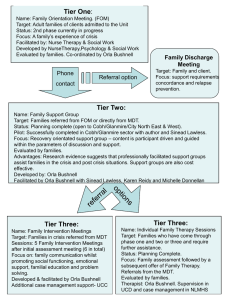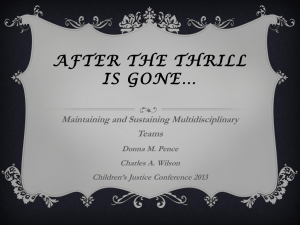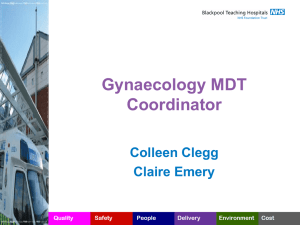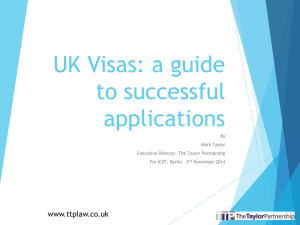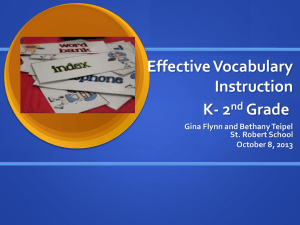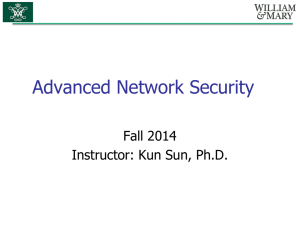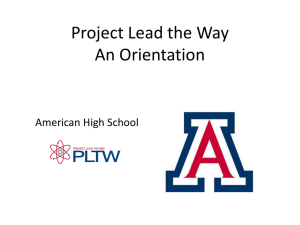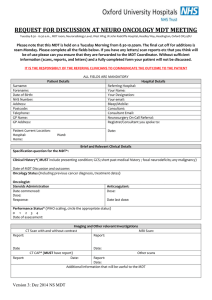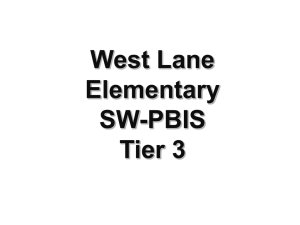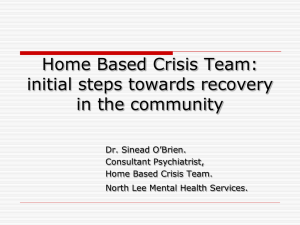orlaBushnell
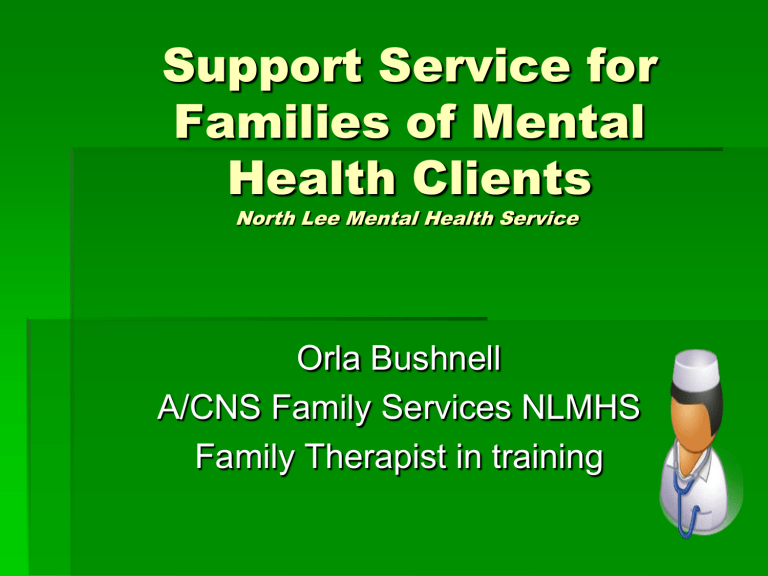
Support Service for
Families of Mental
Health Clients
North Lee Mental Health Service
Orla Bushnell
A/CNS Family Services NLMHS
Family Therapist in training
Literature Review suggests that families experience:
Distress
Confusion
Anxiety around coping
Anger
Fear of the future/unknown
Gaps in knowledge/information
Families as an important source of information
‘If you want to know me come and live with me ’.
Family members can add depth and context to the presenting problem of a client. Not only by what they communicate to us as mental health professionals but by how they communicate it. I suggest family dynamics can be material in a clients presentation either acting as a trigger or as a consequence to expressed behaviours.
National and
International Policy
Mental Health Commission (2005) states families indicate that they require support at every stage of an individual’s illness and through the recovery process.
‘Quality Framework: Mental Health Services in Ireland’ (2007) suggest that families, parents and carers should be empowered as team members receiving information, advice and support.
World Health Organisation ‘Promoting Mental Health’ (2005) states interventions that involve only the service user, such as training in social skills are unlikely to change long-term behaviour unless family work is aligned to support a change.
‘Vision for Change’ (2006) echoes this sentiment and highlights the need for a framework of care that meets the needs of services users and their families.
Family Support Programme Flowchart
(Part 1)
Tier One :
Name: Family Orientation Meeting . ( FOM )
Target: Adult families of clients admitted to the Unit
Focus: A family’s experience of crisis
Status: Active Based on Carlow/Kilkenny model.
Family Discharge Meeting
Target: Family and client.
Focus: support requirements, concordance & relapse prevention
Status: Pilot
Phone contact
Referral option
Tier Two:
Name: Family Support Group
Target: Families referred from FOM or directly from members of MDT / HBCT / OPD
Status: Active
Focus: Recovery orientated support group
– content is participant driven and guided within the parameters of support through discussion and shared experiences.
Name: Family Support Meetings
Target: Families who require individual support due to specific circumstances.
Status: Active
Focus: Supporting families going through a crisis period due to a members mental health difficulties.
.
Referred from FOM / MDT / HBCT / OPD
Family Support Programme Flowchart
(cont.)
Name: Family Support Group
Tier Two:
Name: Family Support Meetings
Tier Three:
Name: Family Intervention Meetings
Target: Families in crisis referred from MDT
/ HBCT
Sessions: 5 Family Intervention Meetings after initial assessment meeting (6 in total)
Focus on: family communication whilst promoting social functioning, emotional support, familial education and problem solving.
Status: Active
Tier Three:
Name: Individual Family Therapy Sessions
Target: Families/Couples who require and are willing to engage in therapy.
Status: Active.
Focus: Systemic Family/Couple Therapy.
Referrals from the MDT.
Facilitated by: Family Therapist in training.
Retrospective supervision applicable.
